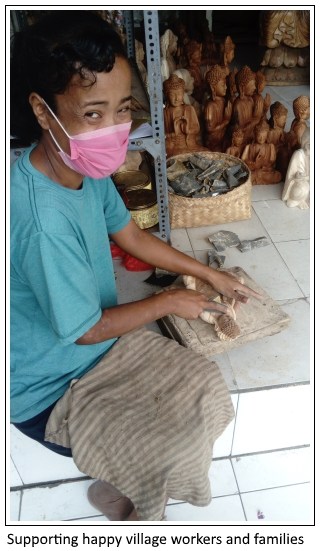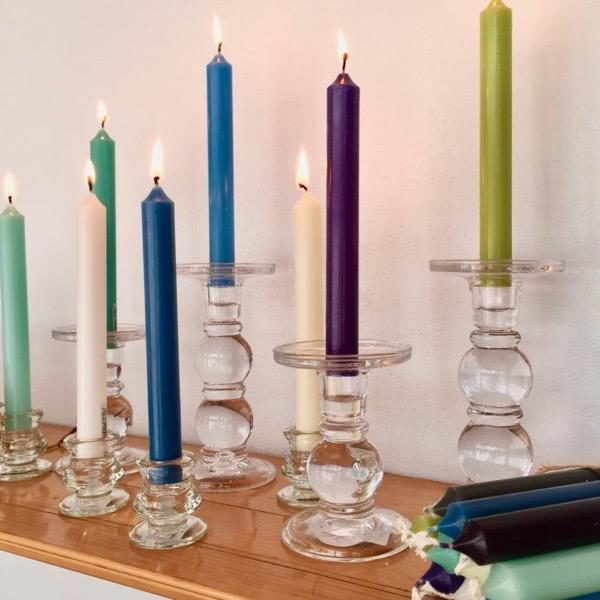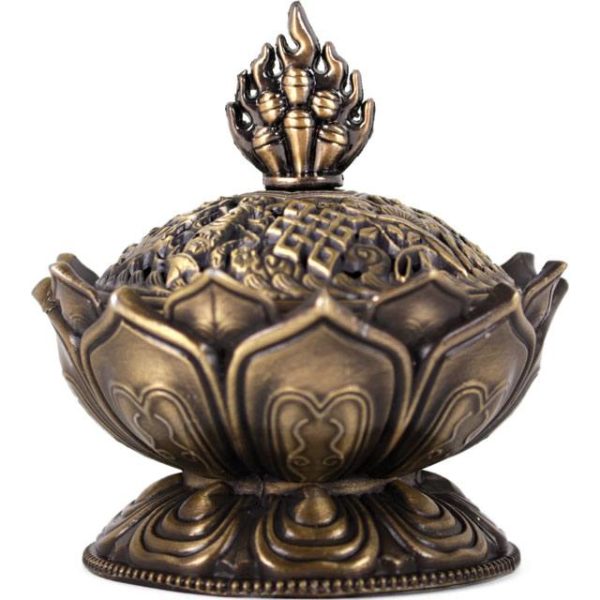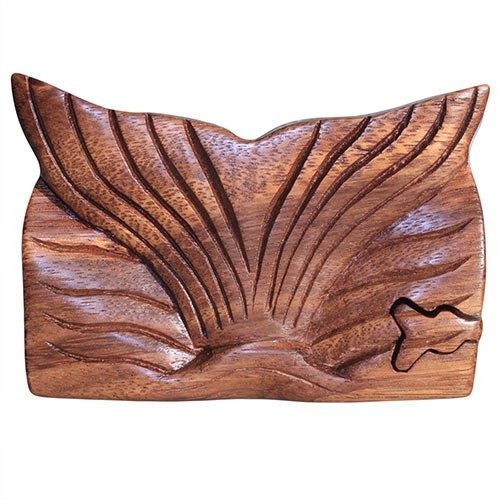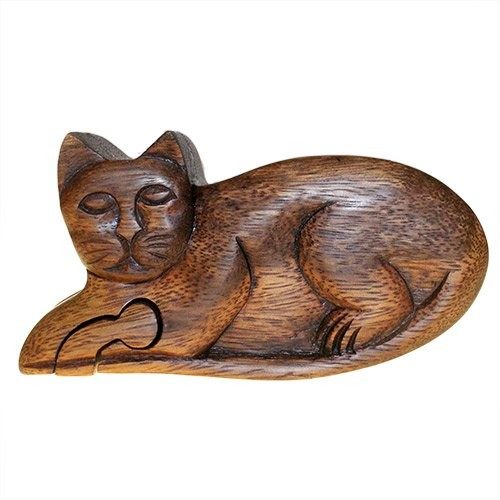Om Swastiastu, greetings from Seminyak, Bali. Denpasar Airport Bali
After a lengthy 24 hours of travelling we arrive at Ngurah Rai Airport, Bali, in tremendous humidity and 30+ degree heat. Ngurah Rai is also confusingly referred to as Denpasar Airport even though it’s not located in Denpasar. The airport is in fact situated 13 km from Denpasar in Tuban, just south of Kuta. The first thing that stuck us is how stunningly beautiful the airport is! Ngurah Rai is the third busiest airport in Indonesia and is named after I Gusti Ngurah Rai, a Balinese hero who died on 20 November 1946 in a puputan (fight to the death war) against the Dutch.
The next thing that strikes you when landing at Ngurah Rai is that everybody is smiling, with exaggerated happy faces. It always amazes me that when people face such hardship they can continue to smile, and says rather a lot about their culture.
So we had a busy trip planned with lots of travelling to fit in over the next 6 days. We had a number of our suppliers to meet and arrange our future production orders, we sought to find sustainable teak wood suppliers, we aimed to find more artisans and creative families that we could support, we wished to evidence sustainable practice and fair trade principles, and then finally we had to meet up with Gede or ‘Good Day’ as he is known, and arrange shipment of our container back to the UK.
We hired a driver and a car for the day to take us into the Ubud village, in the uplands of Bali, known for its traditional crafts and dance. The surrounding Ubud District’s rainforest and terraced rice paddies, dotted with Hindu temples and shrines, are among Bali’s most famous landscapes. Ancient holy sites include the intricately carved Goa Gajah (“Elephant Cave”) and Gunung Kawi, with its rock-cut shrines. Along the way we noticed a number of families at roadsides, working away and proudly displaying their work for passers by. We stopped at a few, and they were only to pleased to show us around. We had a translator with us, Mr Gede who was able to speak English, Bahasa Bali and Indonesian. This helped in building our relationship and trust with any future working arrangements.
We traveled to a dream catcher warehouse, where they make all the dream catchers to order right there on the premises. Run by a family of about 9, we were shown thousands of different examples. We discussed capacities that they could work to comfortably, we found out some of the other people that they supply, we hired a quality control guy at 10% who photographed each item we liked and requested production of, and will check the production meets the same standard before shipment to the UK. We requested the production of 1000 dreamcatchers from a variety of 20 designs over the next month. We left the warehouse and they seemed happy with our purchase and arrangement, greeting us with the mark of respect.
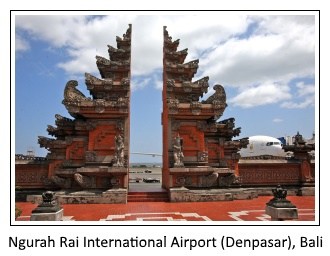
When you are negotiating a price, think about whether getting an item for 5,000, 10,000 or 15,000 rupiah really makes that much difference to you, because it may make a lot of difference to a stall holder’s family. If you like to negotiate, great, get the rock bottom price and then add something at the end. fairtrade fair trade and handmadeWe later found a street which produced nothing but giant stone statues and water features, too big for anyone’s home or garden here! Giant Buddha’s, dragons and water-features were commonplace. After getting advice from someone who knew the area, we then found a village which produced carvings, and we fell in love instantly with the people and their product. After explaining to them that we have a couple of Buddhist shops in the UK, they seemed very keen to work with us and begin some form of relationship. We expressed keen interest in their carvings we adored the most, and asked him ‘Berapa’, or how much.

We ended up buying a large amount from them, totaling 20 million Rupiah. Prior, we had travelled to numerous cash machines to withdraw 20 x 50,000 Rupiah notes (the limit per machine) over 20 times. We counted together the ‘monopoly money’ and handed over to him, and he handed over the receipt, which also we filled in together. We swapped contact details and arranged to meet again in June to ensure they are satisfied, coped with the demand and to provide them with feedback and any requests for more carvings!
So I guess your wanting to know what other artisans we found whilst travelling in Ubud…
I will cut to the chase… Dreamcatchers (of course!), Large wooden carvings measuring over 1 meter, some of dragons, some cobras, dolphins, turtles, snakes to name a few. Hand painted and hand carved musical instruments such as drums, rain-sticks, maracas, beautifully carved didgeridoos, walking sticks, chairs, and of course our Happy Buddhas, some big some small.
So those are some of the products that we sourced. It was important for us to experience first hand the manufacture process, and to attempt to get an idea on the impact our business can have on these families. We are so proud of what we have achieved with our visit to Bali, We met some amazing happy people, which bought happiness and calmness to our own lives. We found some highly skilled artisans and craftspeople, and managed to begin what appears to be a beautiful healthy relationship moving into the future. Hopefully that gives you an idea of the products we found, and ultimately what will end up in our stores!
There is a however a dark side to this known paradise. Whilst staying in the popular tourist destination Seminyak, a beach resort area at the southern end of Bali, we learned that its all too easy to get ripped off. It’s hard to say when an ‘accepted’ practice such as overcharging becomes an unacceptable rip-off, but there are apparently people in Bali (not always the Balinese) who will swarm around you in an attempt to extort money from you. Pleading for their child perhaps. Asking for a tip after you have completed a transaction. Most Balinese would never perpetrate such a scam, but it seems that few would warn a foreigner when one is happening. Many people from Bali have never been abroad and see tourists as rich and an easy way to make money. We were suspicious when we noticed bystanders that were uncommunicative and perhaps uneasy, and when surrounded by groups. Fortunately, the only only Balinese people we met were warm hearted, honest and gentle.
In stark contrast to the people we did meet, we learned about the corruption in Indonesia. Some big businesses steal money from the general worker by not passing service charges to its staff. Ask travel agents, tour operators and hotels to give you a price excluding service charges, so you can them give this to the staff personally (to make sure they get it). Service charges are not mandatory. If an agent, operator or hotel tells you they are or tells you the price is the same without service charges, please do not do business with them as it is clear they do not pass 10% to the staff as they legally should. Consider buying Indonesian to English language CD’s, tapes and books from shops like Macro or Matahari while you are in Bali to give to children. English language skills will allow them to earn a better living when they are older.
If you go out looking for a poor needy family, you will probably be conned. It is a well known trick for drivers, hotel staff, etc. to take foreigners to really poor villages on the basis it is their village. Visiting a local temple, mosque or church will probably help you find the really needy of the area.This all helps us to travel more ethically, and to look after the environment and its people.
We also learned that if you decide to discover Bali on a small motorbike, you are very likely to be pulled over by the local police, even if you are doing nothing wrong. They’ll almost certainly find some minor rule that you are breaking, just to be able to issue a ticket, especially if you’re not wearing a crash helmet! Regardless the fact the locals are passing police booths without wearing helmets, and they’re not getting pulled over.
The police officers will take you into their booth and explain they will simply write you a ticket for 150.000 to 250.000 Rupiah, and they tell you that they are giving you a break, as they could also have sent you to the police station or even to court in Bali’s capital city Denpasar, where the fine would been much higher. This is just to scare you from objecting to the fine they are going to issue. Without a receipt. Perhaps the reason that they have to fine you is because it costs $5000 US dollars to join the police force in Bali. Its said that if you don’t collect enough bribes from tourists, you will get demoted to office work where the pay is lower. Advice is just to get a taxi where you need to go. You can get a driver for £40 a day, this way supporting a local hardworking man, and avoiding bribes that end up in the hands of corrupt officials.
Our trip to Bali didn’t quite go without it’s dramas though. Prior to our Business trip, we had lengthy discussions with the Barclays international team who gave advice about Businesses trading in foreign currencies and countries. They advised that we could use our card in a number of places and withdraw all of the money that we needed from ATMs. Whilst out in Bali, we found that the maximum sized note that could be withdrawn from the machine is a 50,000 Rupiah note. You are able to withdraw a maximum of 1,000,000 Rupiah at a time, about £63.
None of the workshops, artisans or craftsmen took card payment! We managed to make a number of these cash withdrawals, and for the first couple of days we had no issue in paying for transport and in placing a few deposits with some local artisans in order for them to begin production.
We felt reassured that we would be able to withdraw further monies in order to pay for the container and shipping costs once the stock had been purchased. All of a sudden, the account had disappeared from our online banking! We needed to receive monies from our two shops, which we suspended them from doing as the account disappeared. we were given many numbers to call throughout the process, but all phone calls proved unsuccessful. Calls were costing £1.50 per minute and we were finally told that the only solution is to go into a branch. Of which there are none in the whole of Bali, population 4.2 million.
We left for England without getting it resolved, leaving us with a few complications along the way! Thanks Barclays!
In summary, all I can say is how wonderful and beautiful Bali is. Bursting with culture, it has touched my heart in a way no other place has. I love the Balinese and their Javanese friends, and I consider myself to be very lucky that I got to experience Bali at a time of year where they are celebrating New Year. This was evident in the decoration everywhere, red lanterns, villagers wearing red clothes, red spring scrolls on windows and doors and roosters to celebrate the new year of the Dīngyǒu (Rooster).
Matur Suksma in Bahasa Bali, is a way of saying ‘thank you’ but with intention. It’s an offering of gratitude and a display of deep respect. It’s what we would like to offer Bali and its beautiful people. So Matur Suksma, thank you for reading and we hope you like what the craftsmen and artisans are working on for you, and Bali, I bid you adieu, but more like a see you soon 🙂
